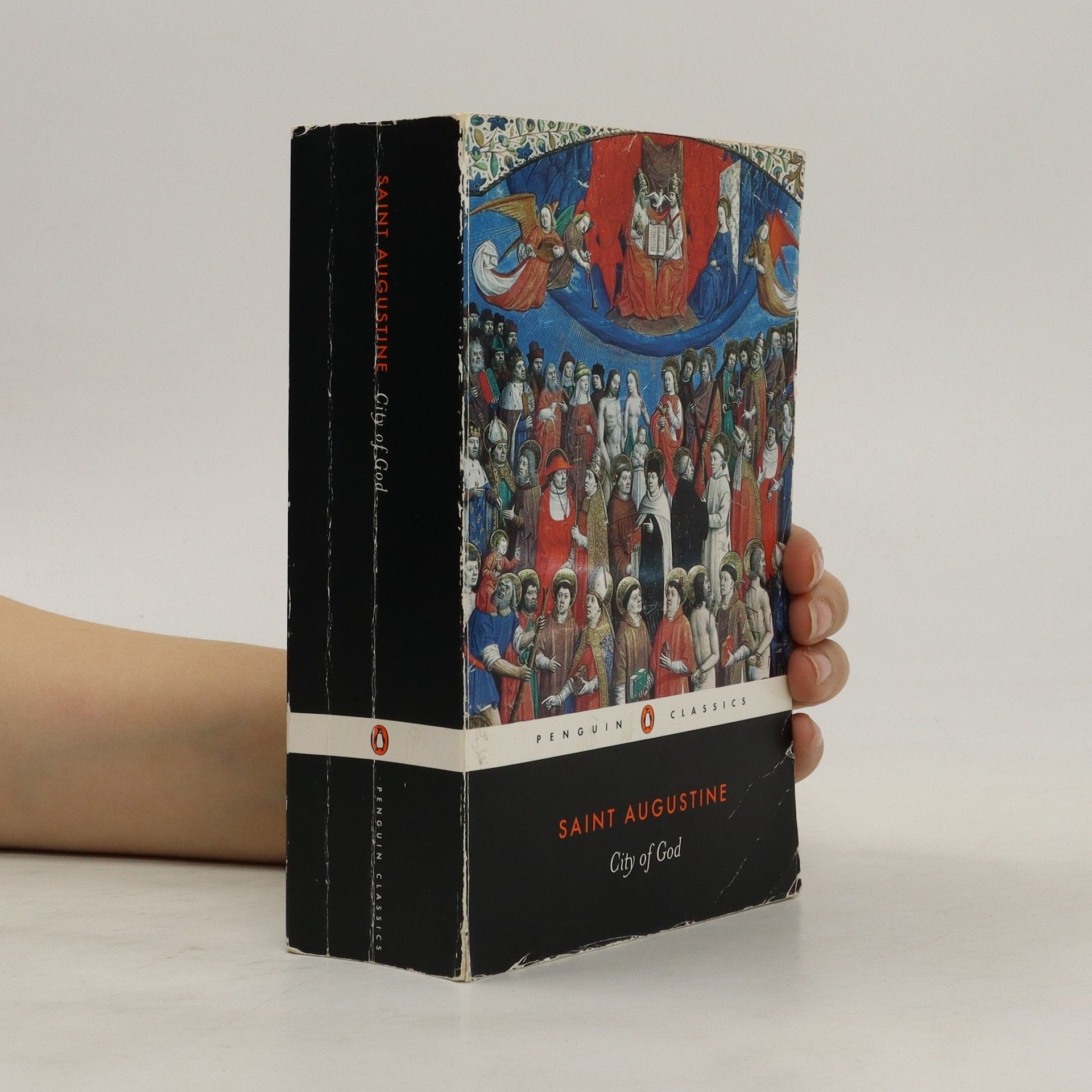On Christian Teaching
- 168 pages
- 6 hours of reading
"'There are certain rules for interpreting the scriptures which, as I am well aware, can usefully be passed on to those with an appetite for such study...' Augustine wrote On Christian Teaching (De Doctrina Christiana) at the same time as Confessions, to enable Christian students to interpret the Bible themselves and to help them communicate clearly to others. In so doing he provides an outline of Christian theology, a detailed discussion of ethical problems, and a fascinating early contribution to sign theory. He also makes a systematic attempt to determine what elements of traditional, 'pagan' education are permissible for a Christian, and suggests ways in which Ciceronian rhetorical principles may help in communicating the faith. This translation gives a close but stylish representation of Augustine's thought and expression. Roger Green's introduction describes the aims and circumstances of the work, and outlines its influence on major figures in the Middle Ages and the Renaissance." -- Provided by the Publisher

